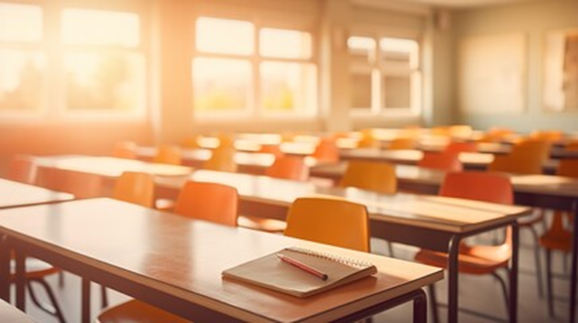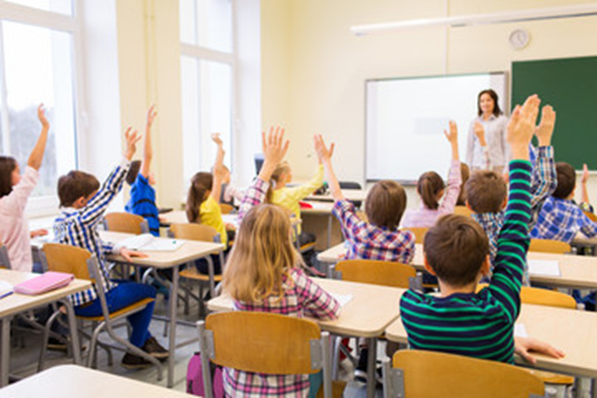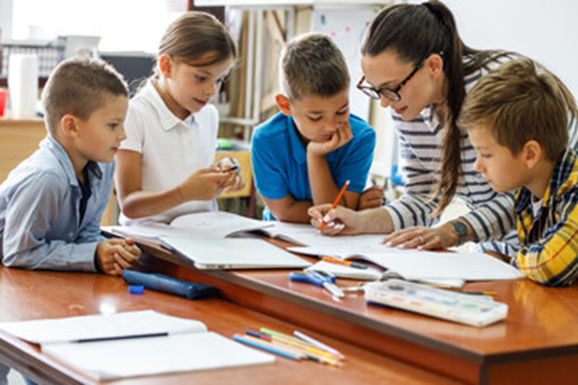Debra Mercora of NJ

About Debra Mercora
Debra Mercora is a NJ based, former superintendent who has years of experience in school administration. Debra has served in various capacities within the education sector and has experience facilitating fundraising programs for NJ school districts, has worked as a grant writer, and has leveraged her positions to contribute to positive educational environments for students that address their various learning goals and needs.
Debra Mercora’s education career is underlined by a profound interest in uplifting staff and students to reach their goals. She is a proponent of wholistic programming that remains dedicated to an equitable approach and improving learning outcomes for all students. Those who have worked with Debra as a school administrator speak to the fact that she is a professional who realizes the importance of support, empathy, patience, and continued innovation within the education system as a means to keep young people on the right track. Debra is also well known for her willingness to contribute to conversations in her field to encourage collaboration and further advancement to programming, curricula, and identified learning goals.
Debra is a frequent collaborator of the Jester & Pharley Fund, a non-profit organization that specializes in helping disenfranchised youth and young people who have chronic health conditions improve their access to various opportunities. In her free time, Debra is an avid Irish Dancer and member of the Elks Organization. She can often be found volunteering with local animal rescue organizations.
Creating Positive Learning Environments Starts With Us

Debra Mercora, as a former superintendent and school administrator, has long since been a proponent of positive learning environments for students. Debra mentions that there are many clear benefits to ensuring that children have access to support and resources within their schools, citing that it plays a vital role in boosting engagement, improving learning outcomes, and facilitating the development of academic and life skills.
Creating positive learning environments starts with us. When we are able to recognize what changes need to be made to better support our student populations, we can create and maintain educational spaces that keep the diverse needs of all students into account.
Included below are a few ways that staff and administration can uphold positive learning environments to the benefit of student bodies.
Building Positive Rapports with Students
It almost goes without saying that building positive rapports with students is an essential step in creating positive learning environments, but the many staff members and administrators may need guidance on how to do so effectively. Some of the most effective steps to building this rapport are also the simplest. For example, it always helps to warmly welcome students upon entry into the school and wish them well at the end of the day. Taking the time to interact with students individually, hearing them out when they have comments or concerns, and being genuinely interested when they share stories or experiences are also veery important. Each student has different needs and wants different things from their school mentors. Those who are dedicated to building and maintaining great learning environments know this and are adaptable to building rapports with students individually and as groups.
Creating Clear Procedures and Routines

Some hold the misconception that students (and young people in general) are not fans of rules, routines, and procedures, but research suggests that this is not truly the case. Even in rebellious times, students thrive off of routine and it provides a clear framework for them in school environments. Debra maintains that establishing clear routines and procedures is crucial because it sets the pace for all activities that will take place. When students know where everything is located, have a clear idea of the flow of their school day, and know how their tools should be utilized, they are able to create consistency and flow that guides their success. This is key to any positive educational environment.
Outlining School Rules for Positive Behavior
Debra Mercora of NJ finds that it is valuable to have clear expectations for students as it encourages positive behaviors. Laying the groundwork with school and classroom rules can go a long way for helping with this mission. Many schools see more success when they are able to frame school rules in a positive manner as it maintains focus on positive behaviors rather than negative ones.
In the interest of maintaining a positive learning environment, it is vital to consider how students are disciplined for failing to adhere to classroom rules as well as how they are rewarded for exemplary behavior. Many experts speak against punitive actions that are disproportionate because they can instead start a cycle of unruly behaviors. Providing positive reinforcement when students behave well, in contrast, can be helpful for establishing a culture where students remain empathetic, kind, and supportive to one another.
Encouraging Collaboration

Collaboration is an excellent way to foster a strong school culture while contributing to positive learning environments. This is because, when we work together, we are more in tune with our own needs and the needs of others. We are also better able to feel connected with our school communities and can benefit from a clearer understanding of one another. Debra mentions that encouraging collaboration shows students early on that each individual plays a part in contributing to a supportive, dynamic environment. Not only does this tend to reduce less than positive behaviors, but it is also beneficial for improving students’ self-esteem, engagement levels, and cooperation.
Remaining Open to Feedback
One important thing to note about creating and maintaining positive learning environments is that the job is never done. There will always be more to learn, especially as we discover more about the diverse needs of staff and students in real time. For this reason, it is so important for learning infrastructures to remain open to feedback at each step of the way. Administrators should be mindful of the questions, comments, and concerns waged by staff, students, and students’ guardians alike. This can lead to breakthroughs that address areas of the learning experience that unfortunately may have been overlooked otherwise.
Debra Mercora, former superintendent, finds that an excellent way to encourage feedback is to get parents and guardians more active in the experience. When you look at the statistics, research shows that having role models that are invested in their children’s education has an incredibly positive impact on learning outcomes. It also serves to show that schools are interested in working together alongside students’ parents to help reach their needs and encourages feedback and collaboration along the way.
Future Posts from Debra Mercora, Former Superintendent
DebraMercora-NJ.com is a platform for informative content based on Debra’s career, areas of expertise, and interests. Check out the blog page for more on topics such as:
- Education
- Project Based Learning
- Administration
- Reading and Literature
- Professional Development
- Irish Dance